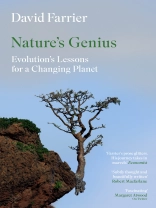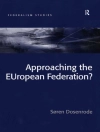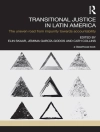‘A book that shows how we might evolve to solve the problems we have caused our planet. Brilliantly written, surprising, inspiring and, ultimately, hopeful’ ISABELLA TREE
For nearly four billion years, life on Earth has found new ways to adapt, reproduce and thrive, taking on new forms to meet the environment of the moment. Human impact on the planet, and the potentially devastating threat of climate change, have stressed that adaptability as never before. Yet life still finds a way. Animals, plants and insects rise to the challenge and are still adapting, reproducing and thriving, even in our rapidly transforming environment. In their example we may just find ways that we too can adapt, ways to stop the destruction we’re causing to the planet.
In Nature’s Genius David Farrier takes us on a profound journey into this ever-changing natural world. What we discover could transform us. The ways animals adjust to the urban landscape can help us design sustainable cities. Examining other intelligences can help us remake our economies. Learning from bacterial evolution may help solve our waste problem. Synthetic biology could rescue animals from the brink of extinction. Thinking in timescales of the natural world could help us choose a better future.
Life on Earth is changing; the question is, can we change with it? Can we remake the world to be fit for all life to thrive once more?
Об авторе
David Farrier is Professor of Literature and the Environment at the University of Edinburgh. David’s first book, Footprints: In Search of Future Fossils, looked at the marks we are leaving on the planet and how these might appear in the fossil record in the deep future. It was published in March 2020 with both The Times and The Telegraph naming it a book of the year. Its fans include Robert Macfarlane and Margaret Atwood, and it has been translated into nine other languages. He has had pieces published in The Atlantic, BBC Future, Emergence, Prospect, Daily Telegraph, Orion, and Washington Post. He has spoken at numerous online events, has given an invited lecture at the Royal Geographical Society, and has appeared on radio and podcasts such as BBC Free Thinking and Little Atoms.@David_Farrier












